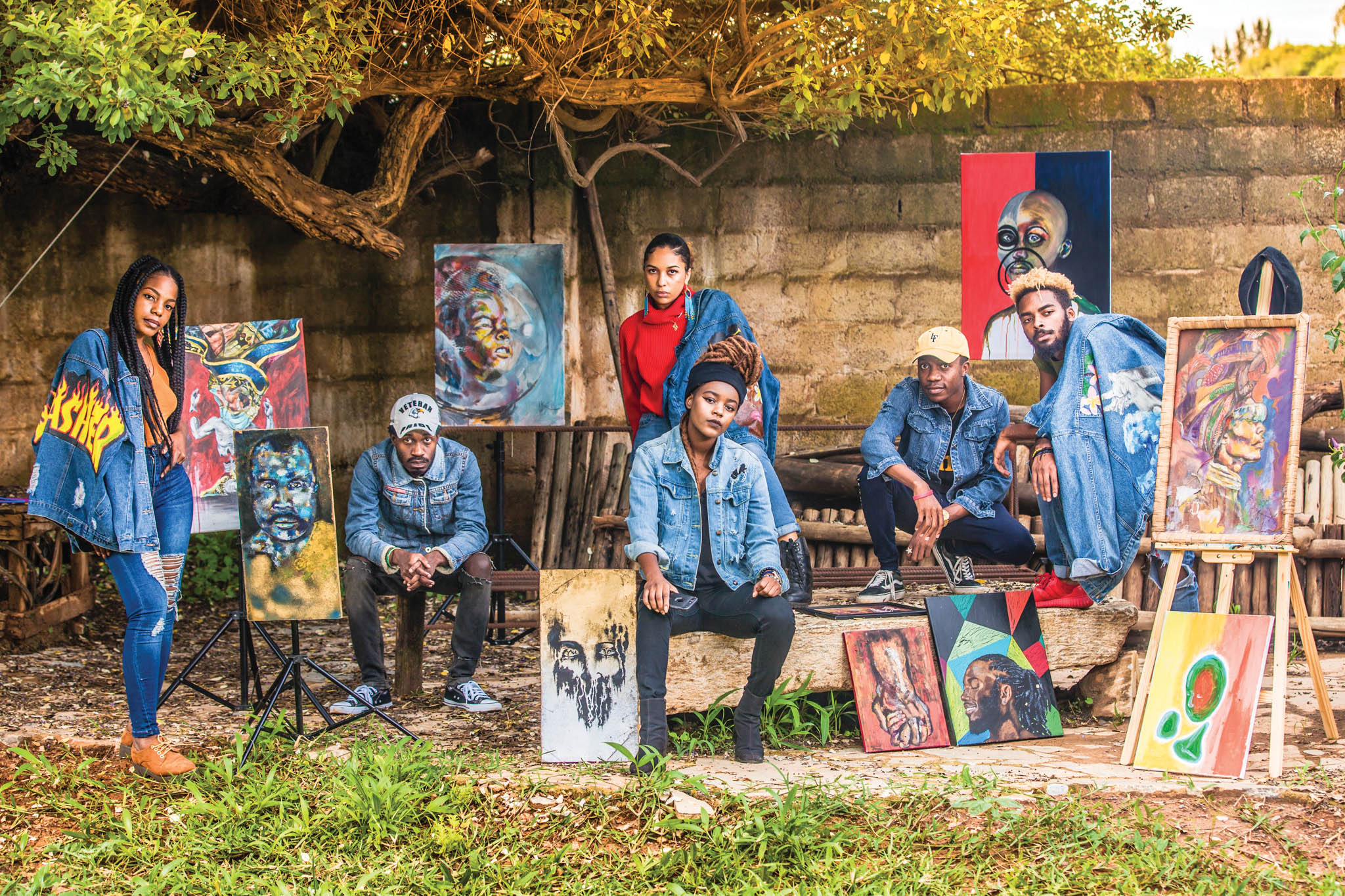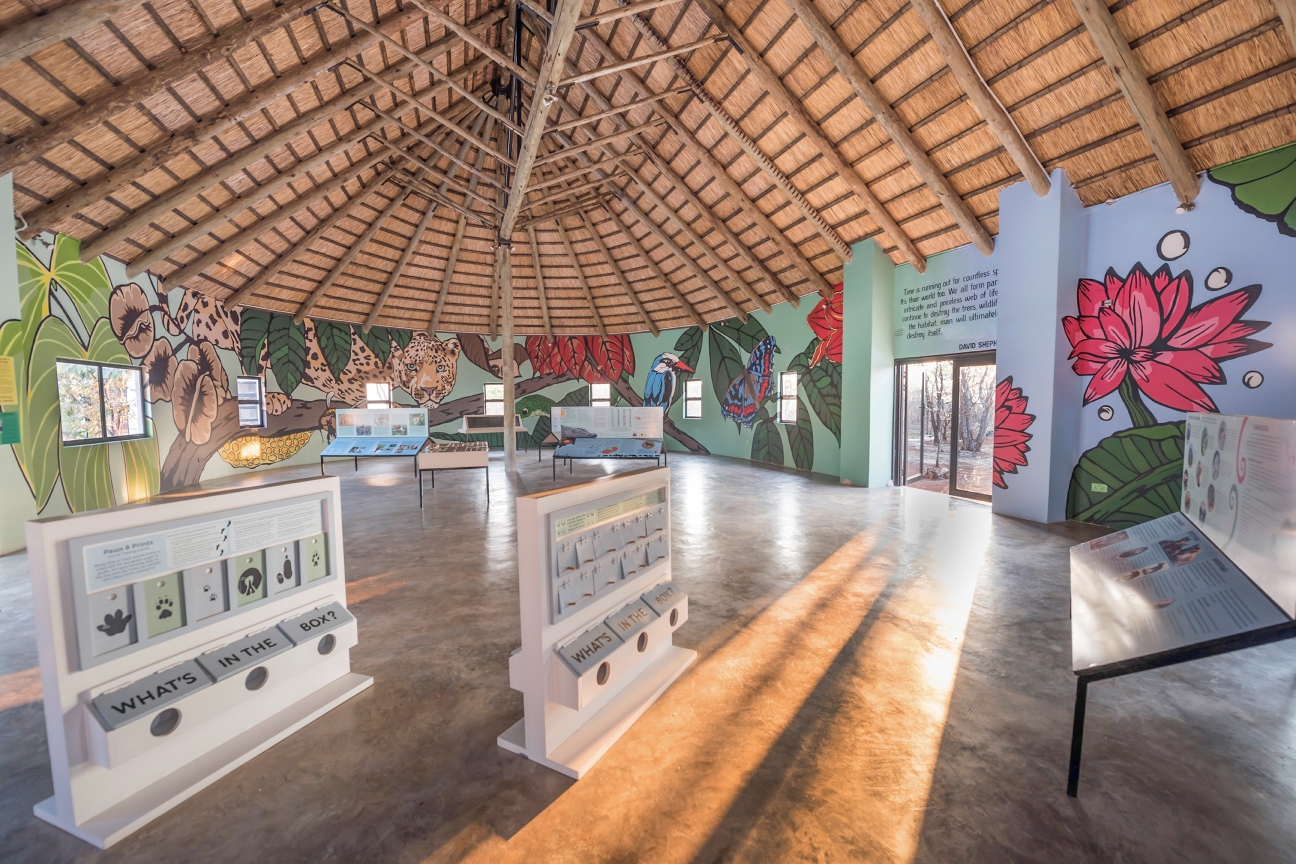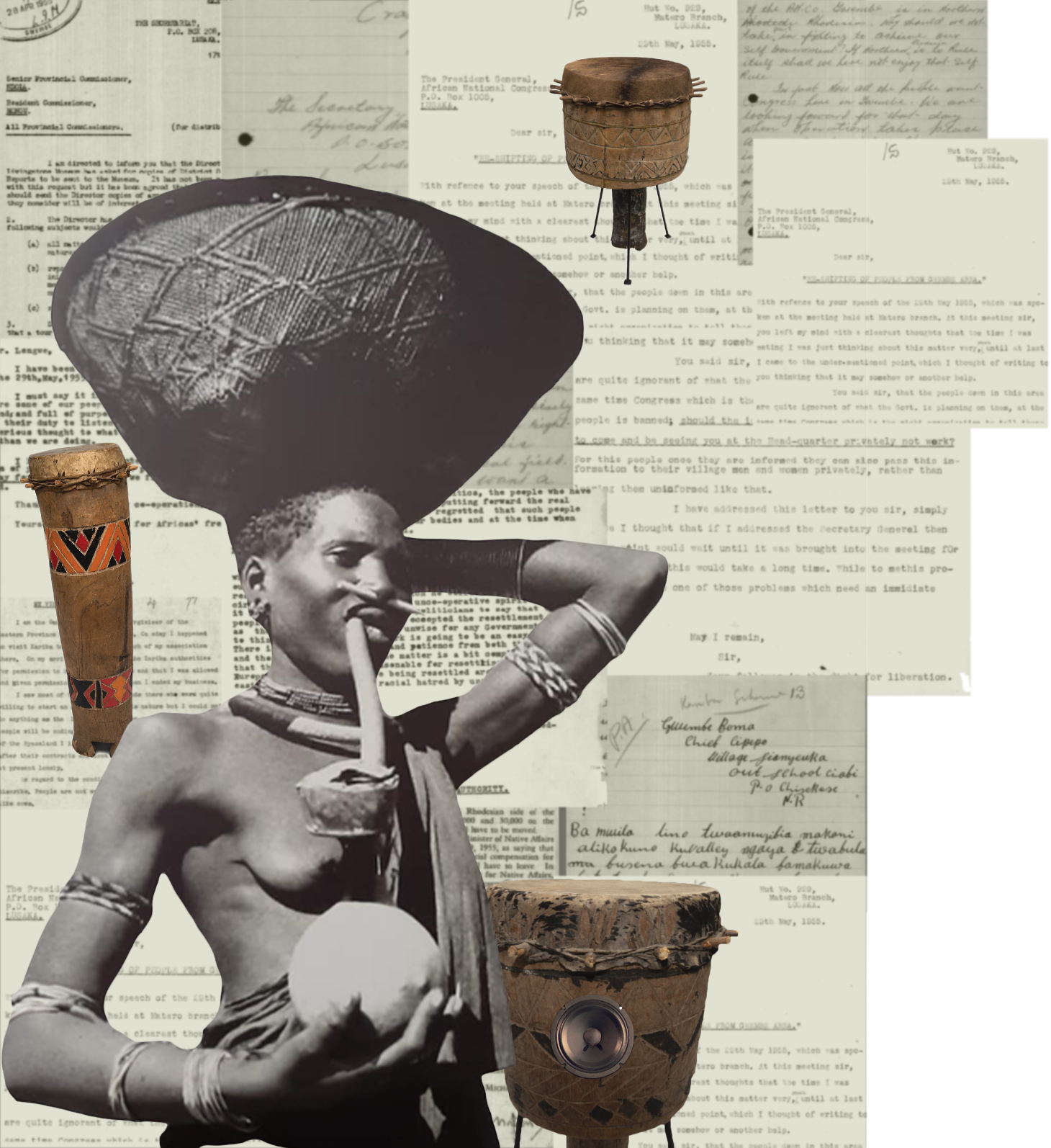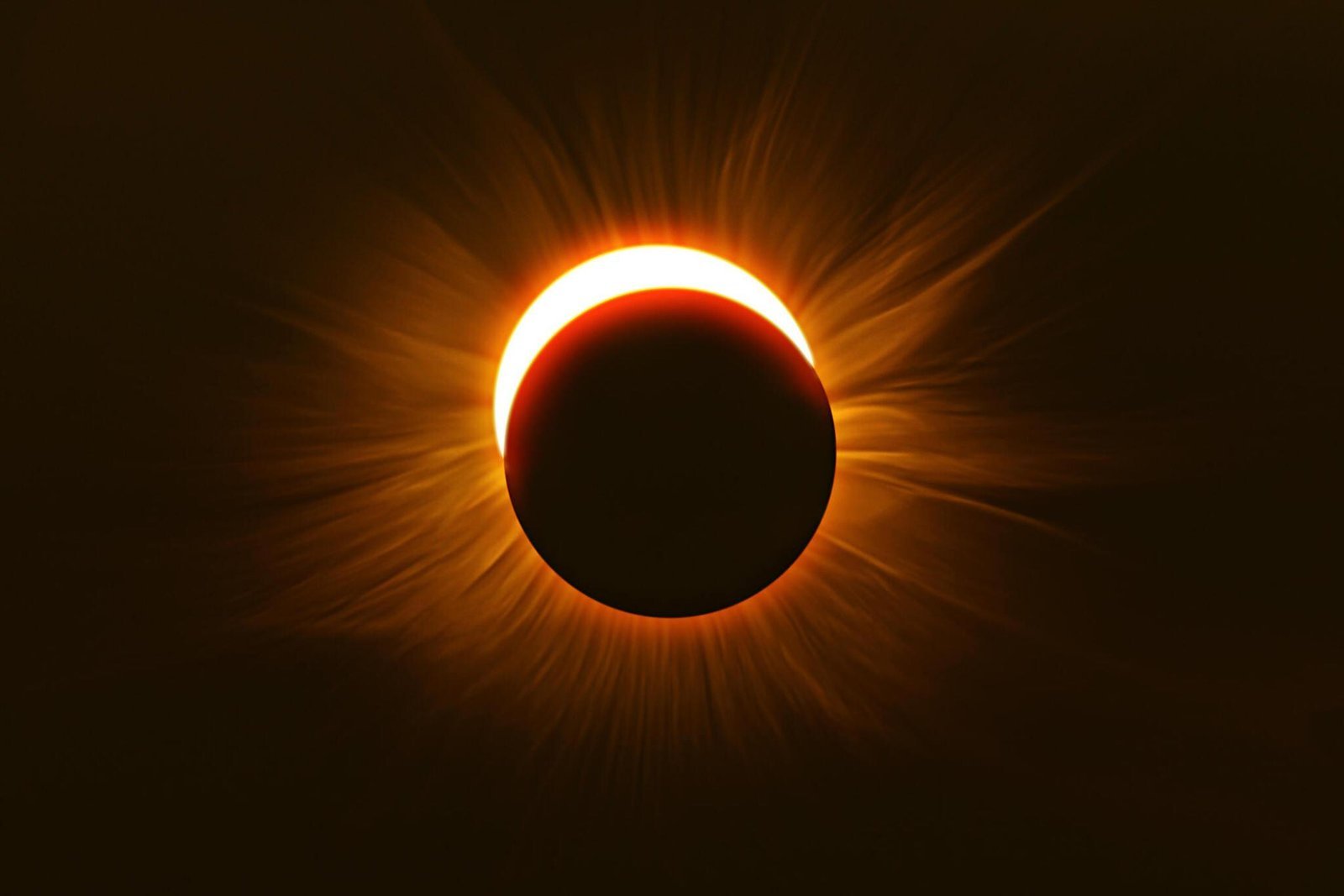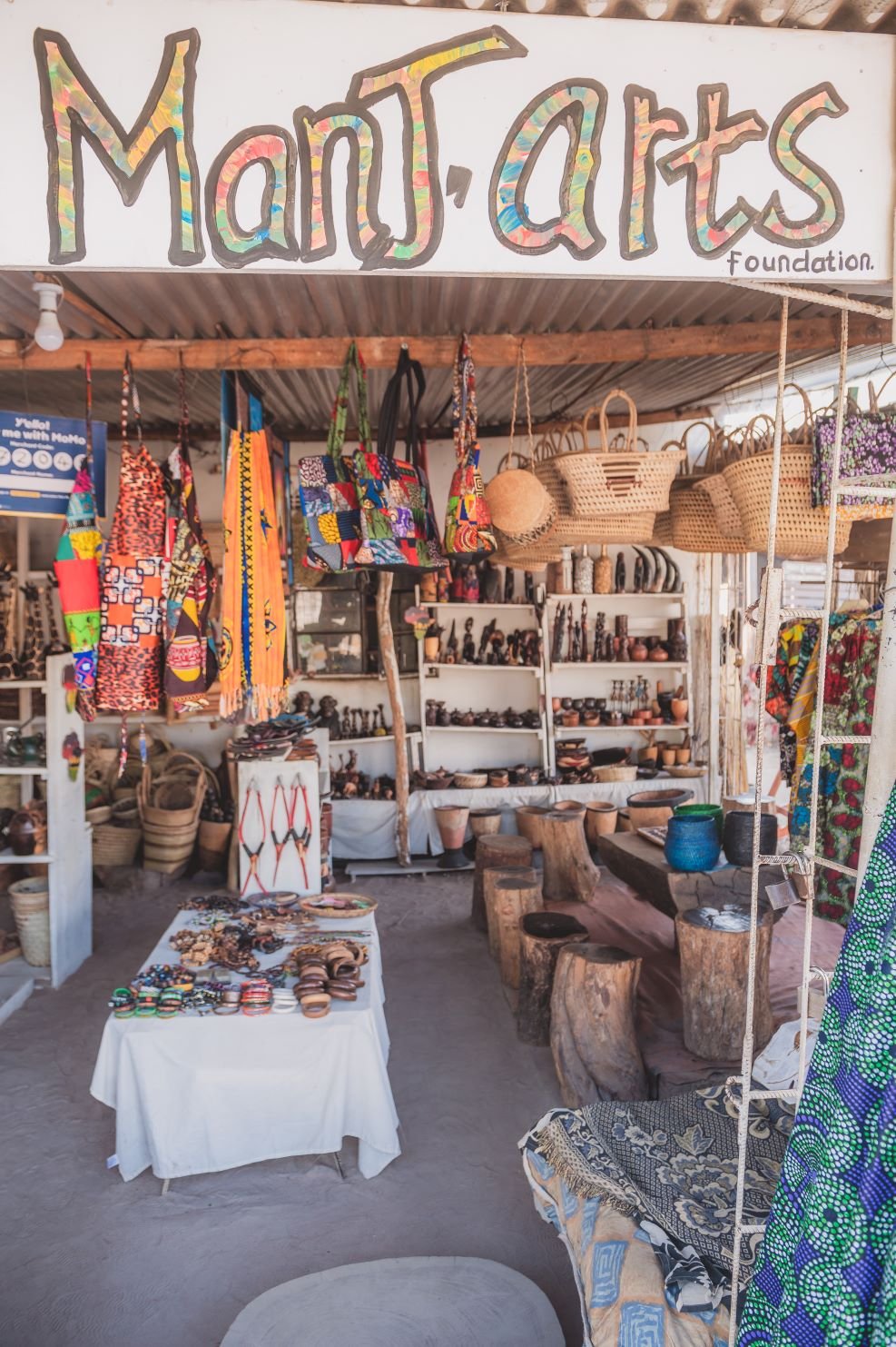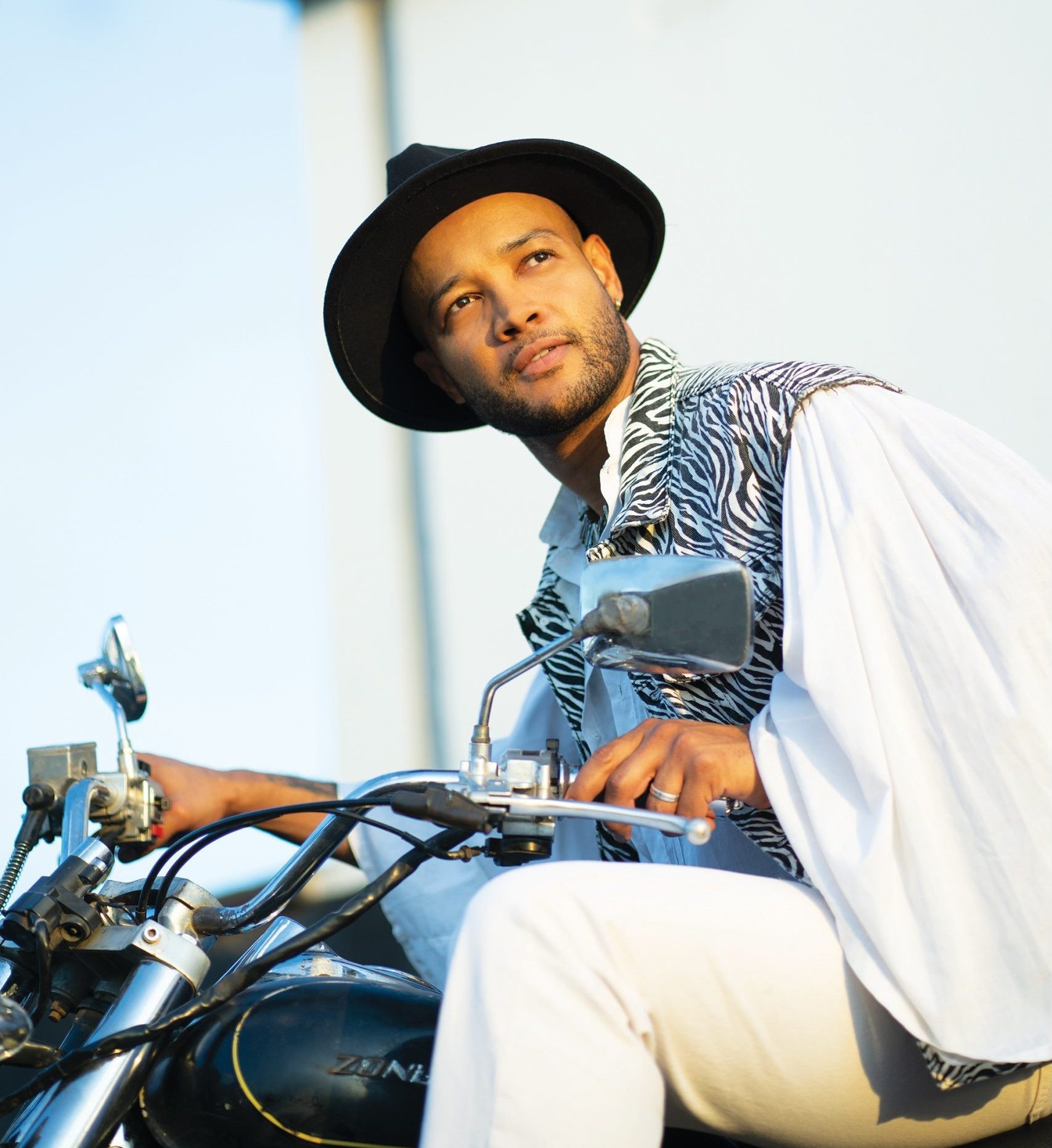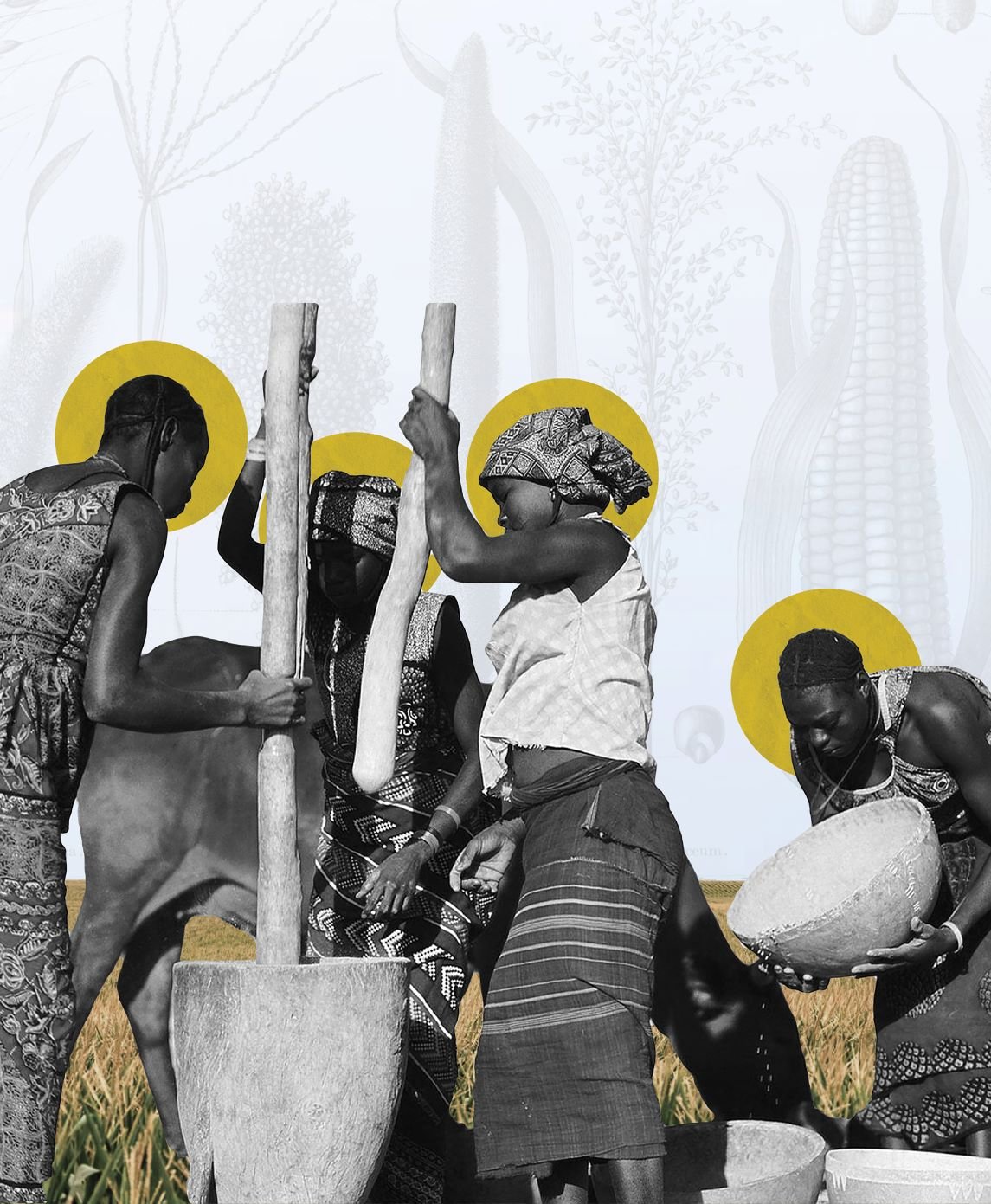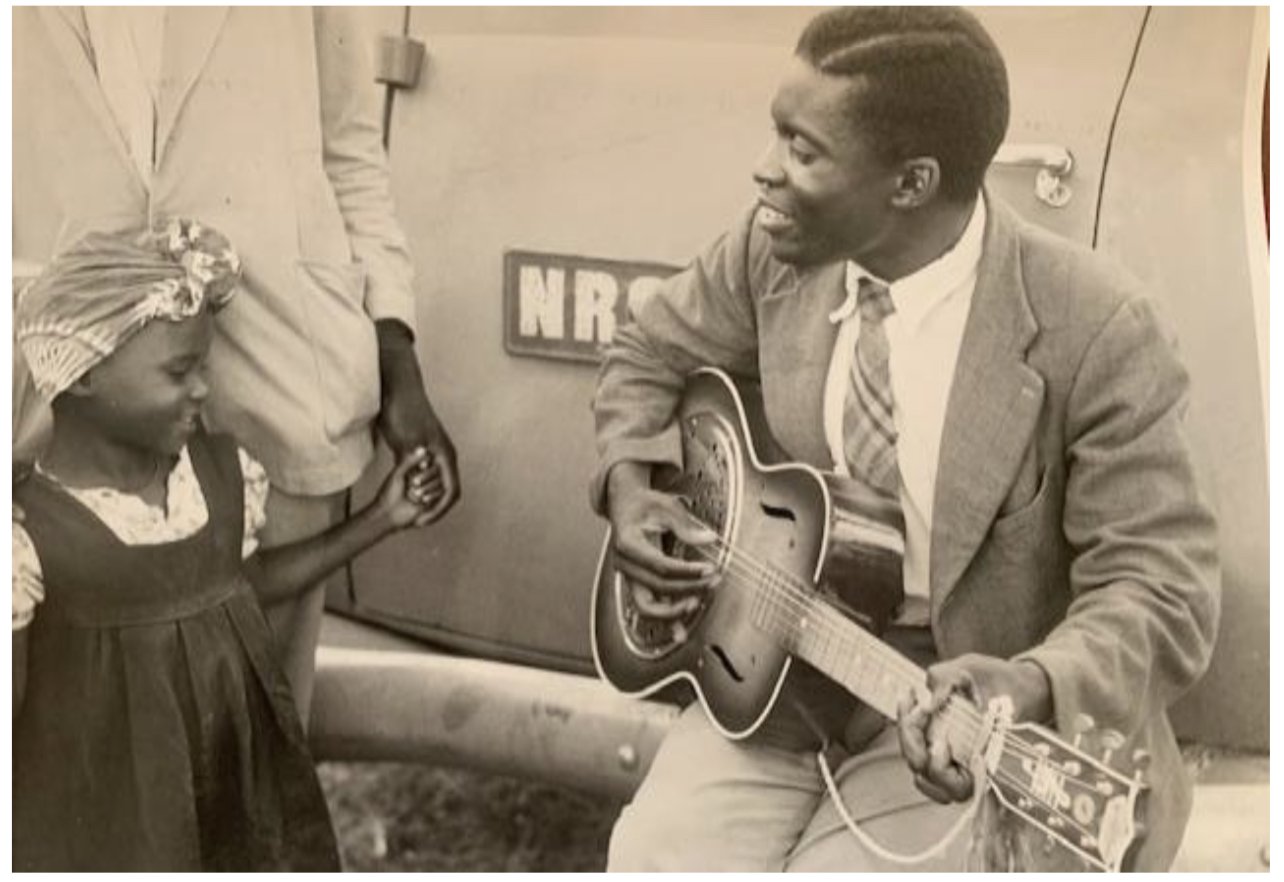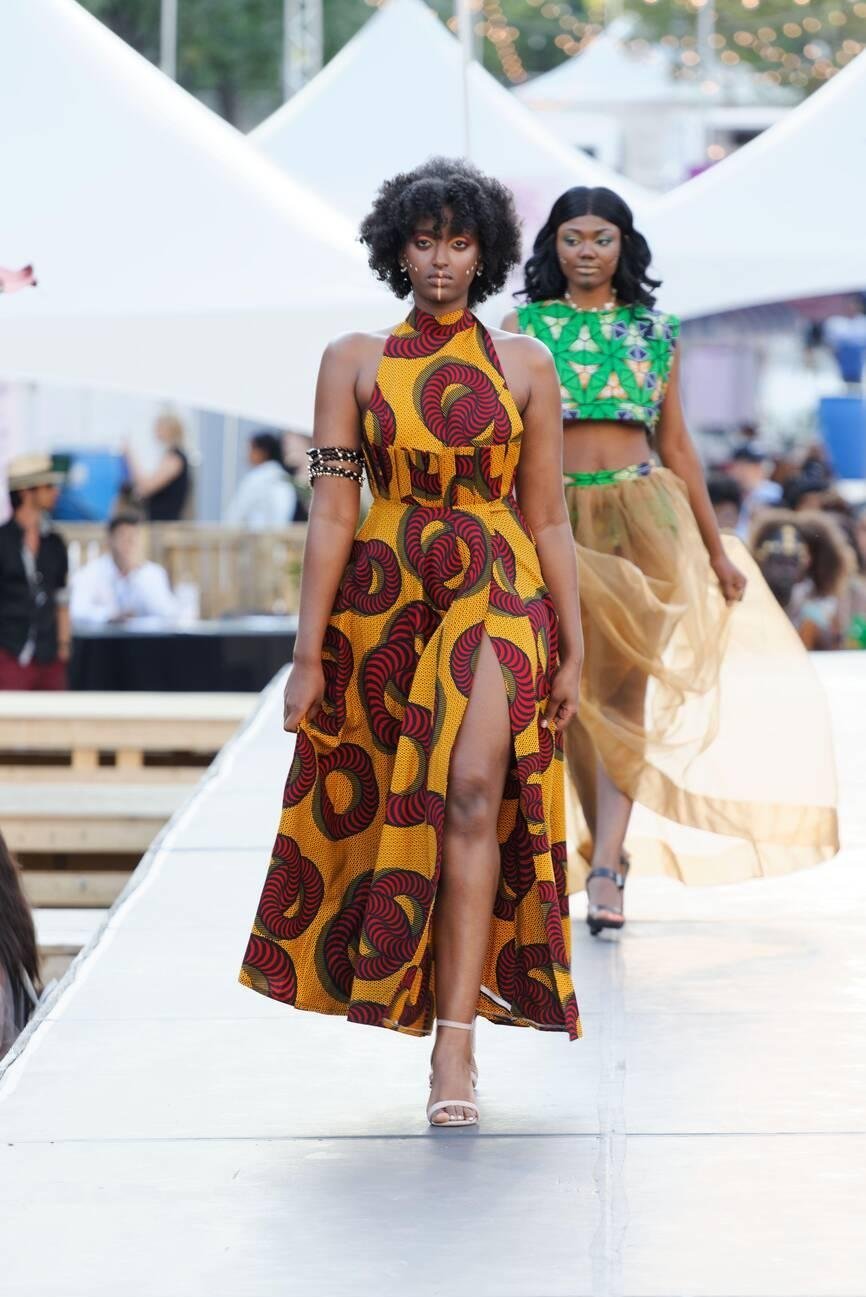Amos Chipasha, popularly known as T-Low, aka the Melody Man, is easily one of the best musicians Zambia has produced. And I don’t say this biasedly or as an exaggeration. I say this honestly, as someone who appreciates genuine art. T-Low is easily one of the most authentic Zambian artists I’ve seen emerge in the past five years.

T-Low’s defining look consists of sunglasses, a flat top haircut and Hawaiian style shirts. The Afro-pop and RnB singer has a laid back demeanour.
At its core, The Awakening is introspective and existential, but it’s not lacking in the relaxed vibes the artist is known for.
The consistency and quality of his music is hard to ignore; he gets better and better with every offering. From his 2017 Melody Man EP, which garnered him fame with its hit single ‘Because of You’ (featuring Mumba Yachi), to the Edge of Silence-Compilation, up until his debut album The Awakening, which released in May of this year T-Low has outdone himself. From the title track ‘The Awakening,’ which serves as the intro of the album, featuring new wave rapper Tale Sheazy, you get a clear view of what kind of artist and person T-low is…a thinker. A person in search of answers and truths that not many young artists are exploring in their music today. At its core, The Awakening is introspective and existential, but it’s not lacking in the relaxed vibes the artist is known for.
I begin our conversation by congratulating T-Low for putting out a solid body of work, especially in a global pandemic; a time when a lot of artists and creatives are holding off putting out work in an unsure climate, before moving on to ask him about his acclaimed first album.
“There’s a lot of things happening in the world right now,” soft-spoken and sober-minded, he begins to enlighten me. “And none of it is anything new. I’ve been trying to figure out what my place in all of this is. As an artist, what am I trying to say to the world? And I realised, before we try to reach out to the world, we have to start with the community. We have to look at ourselves and realise…we are the community. It starts with us! And this is where my awakening begun. Me taking the time to develop a clear understanding of everything I know and trying to figure out a way to use that to benefit others through my gift of music. This thought process is what you hear on the album.” And true to his word, the pensiveness and poignancy is evident throughout the duration of the 14-track album.

Contented with the sobering anecdotes of his journey to The Awakening, laced with stories of his move away from organised religion to spirituality, we backtrack to the crux of how T-Low became a singer. “I first started music as a rapper. But listen to my voice, nobody took me seriously. I moved to Chingola to pursue my music career either way and that’s where my singing took off. I had this song I wanted to do with Afunika, but it didn’t happen because of his schedule. He was always unavailable,” he shares solemnly. “My producer at the time asked me, ‘Iwe mwaice, why wait for Afunika when you can just sing the whole thing yourself?’ But I didn’t believe I could. I didn’t believe I had the voice for it. But I sang either way, and it turned out great! That’s how I became a singer. That was the birth of the melody man.” A sense of both pride and disbelief evident in this anecdote.
“It’s funny, at the time the sound in Chingola was mostly rhumba. Then came this kid singing in English, serving vibes of Afro-pop mixed with RnB…even Lusaka was behind on that sound. So it was easy for people to take notice.” He shares further, switching seamlessly between English and Bemba throughout our conversation; his Copperbelt roots palpable in his accent and argot.
With a few music videos planned for songs off the album and a few more in ideation for previous bodies of work (not saying which ones, you will have to wait and see) T-Low shows no signs of slowing down. He aims to do more collaborations with artists like Mumba Yachi, Theresa Ng’ambi and James Sakala, in sharing his message with the rest of the world.


